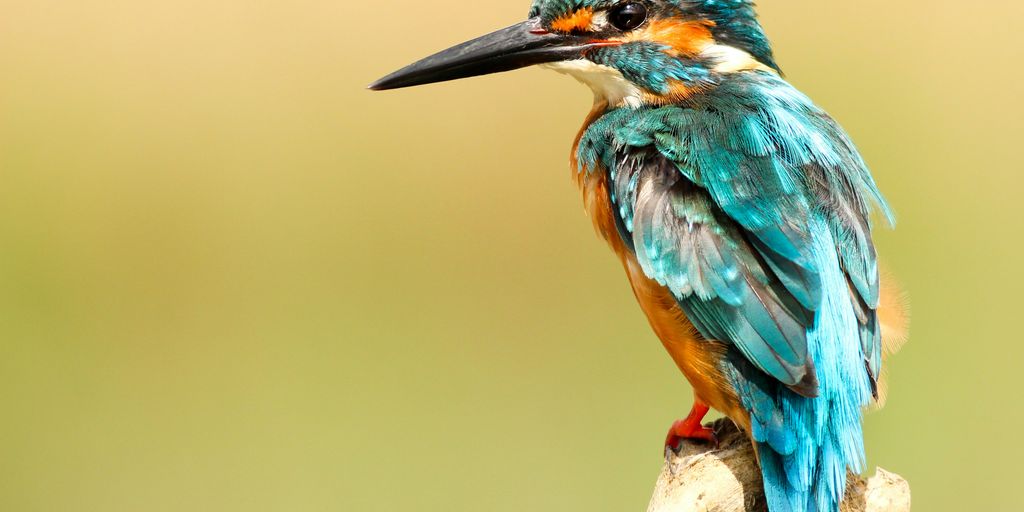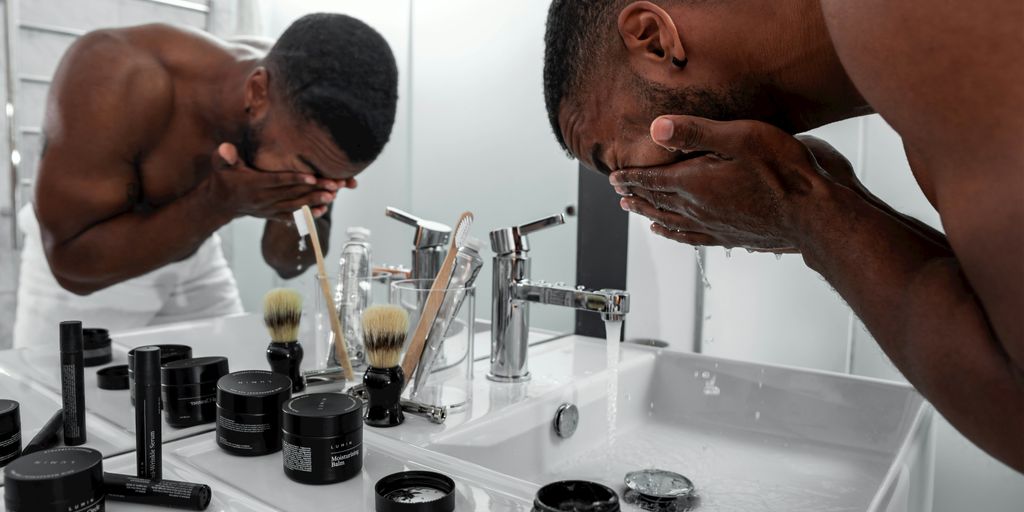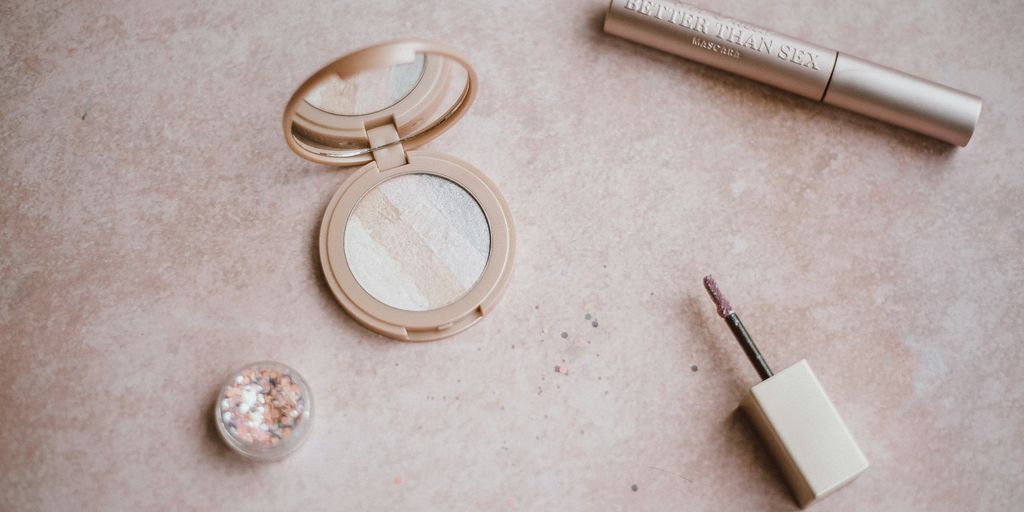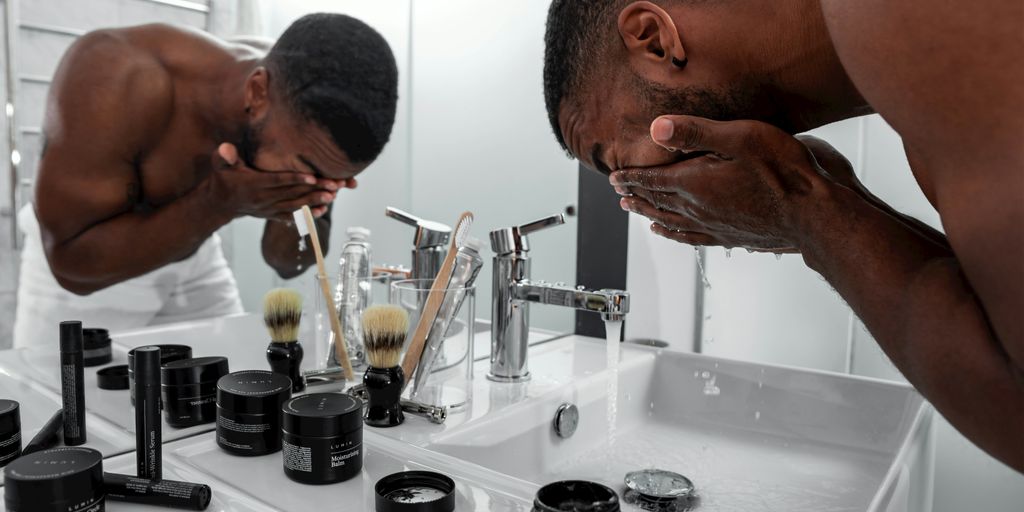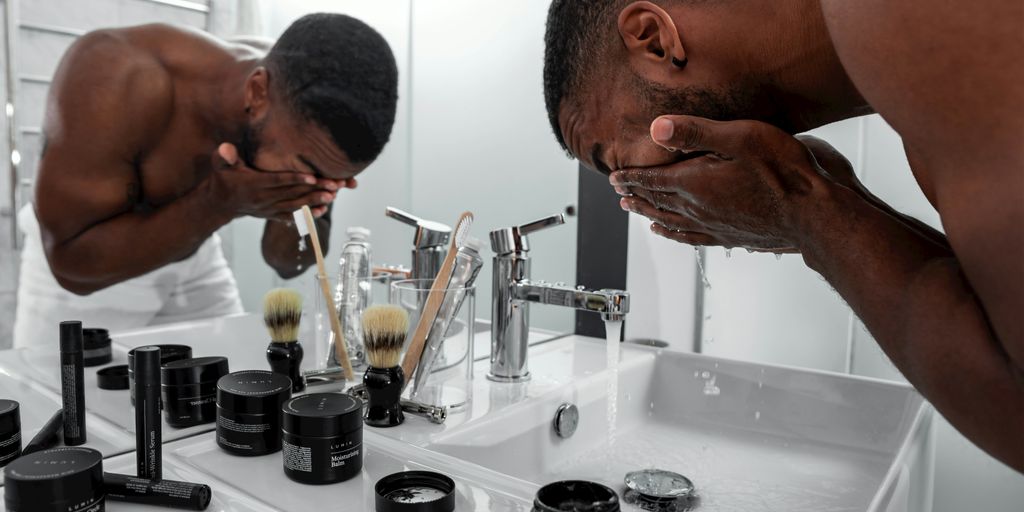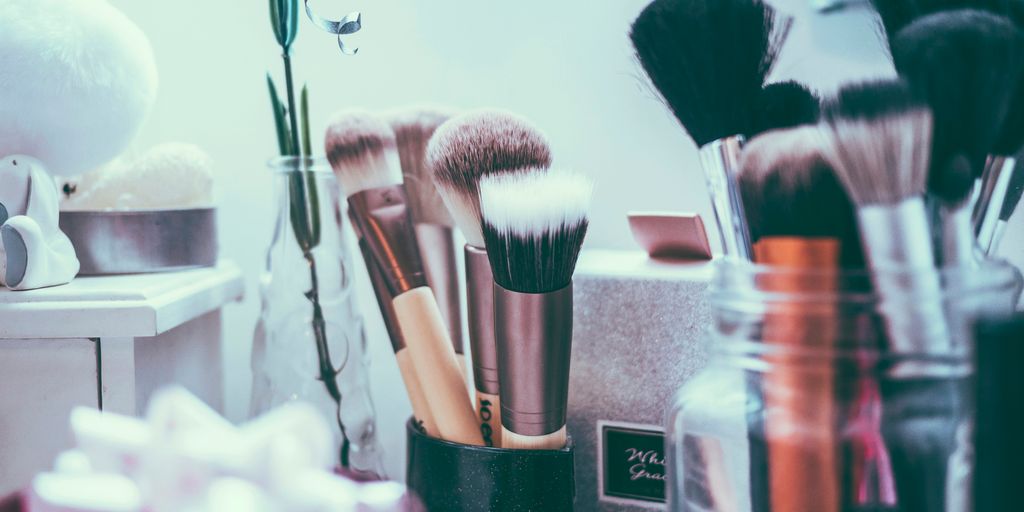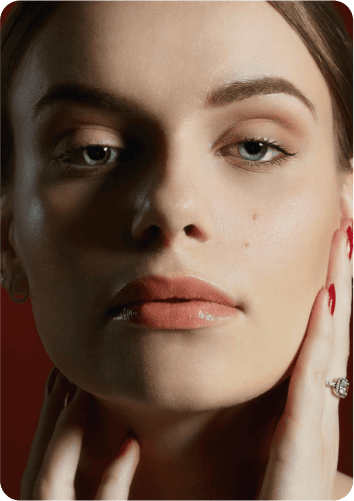If you’re wondering whether Clarins is cruelty-free, you’re not alone. Many beauty enthusiasts are becoming more conscious about the brands they support, especially when it comes to animal testing. In this article, we’ll explore Clarins’ animal testing policies, their presence in China, and what it all means for consumers who prioritize cruelty-free products. Let’s get to the bottom of this and find out if Clarins really is cruelty-free in 2025.
Key Takeaways
- Clarins allows animal testing when required by law, especially in China.
- The brand is not certified cruelty-free by any recognized organizations.
- Clarins is owned by Groupe Clarins, which also does not adhere to cruelty-free practices.
- Some product lines like My Clarins claim to be vegan, but the main brand does not meet cruelty-free standards.
- There are plenty of cruelty-free alternatives to consider instead of Clarins.
Understanding Clarins’ Animal Testing Policy
Clarins’ Stance on Animal Testing
Clarins states that they don’t conduct animal testing themselves. However, the critical point is that Clarins acknowledges that some countries where they sell their products require animal testing by law. This is usually the loophole that prevents a brand from being truly cruelty-free. It’s a tricky situation, because while they might not be actively performing tests, their decision to sell in certain markets directly leads to animal testing being carried out by others. It’s important to look beyond surface statements and consider the implications of their global distribution practices.
Legal Requirements in China
China’s regulations have historically required animal testing for imported cosmetics. While there have been some changes, the situation remains complex. Certain products still need to undergo testing. This is where things get murky for brands like Clarins. Even if Clarins isn’t initiating the tests, by choosing to sell in mainland China, they are essentially agreeing to abide by these regulations, which include animal testing. It’s a business decision with ethical implications.
Implications for Cruelty-Free Status
So, what does this all mean for Clarins’ cruelty-free status? Well, according to many cruelty-free advocates, it means they can’t be considered truly cruelty-free.
If a company profits from sales in a region where animal testing is mandatory, they are indirectly supporting the practice, regardless of their internal policies.
Here’s a breakdown:
- Clarins sells in China.
- China requires animal testing for some imported cosmetics.
- Therefore, Clarins products may be subject to animal testing.
Ultimately, it comes down to individual consumer values. Some people may be okay with this arrangement, while others will seek out brands with stricter cruelty-free standards.
Is Clarins Certified Cruelty-Free?

It’s a fair question to ask whether Clarins holds any official cruelty-free certifications. These certifications can give consumers extra confidence in a brand’s ethical claims. Let’s take a closer look.
Lack of Third-Party Certifications
Clarins is not certified cruelty-free by any third-party organization such as Leaping Bunny or PETA. This means no independent entity is verifying Clarins’ claims about its animal testing policies. While a company can be cruelty-free without certification, the lack of it does raise questions for some shoppers.
What Certification Means for Consumers
Third-party certifications offer an extra layer of assurance. Organizations like Leaping Bunny have strict standards that companies must meet to earn their certification. These standards often include independent audits and ongoing monitoring to ensure compliance. For consumers, seeing a recognized cruelty-free logo can make it easier to trust a brand’s claims.
The Importance of Transparency
Transparency is key when it comes to cruelty-free practices. Without third-party verification, it becomes even more important for brands to be open and honest about their policies. Consumers want to know exactly what steps a company is taking to avoid animal testing, from ingredient sourcing to manufacturing processes. Clarins provides some information, but the absence of certification leaves room for doubt, especially considering their presence in markets where animal testing is sometimes required.
Clarins’ Presence in China
Clarins’ decision to sell its products in China is a complex issue when considering its cruelty-free status. China’s regulations around animal testing have been a major point of concern for ethical beauty brands for a long time. Let’s take a closer look at what this means for Clarins.
Selling in a Market with Animal Testing Laws
Clarins does sell its products in mainland China. This is important because, historically, China has required animal testing for many imported cosmetics. While regulations have evolved, the situation isn’t always clear-cut. It’s not explicitly stated that Clarins has taken the necessary steps to avoid animal testing while selling in China.
Selling in China used to automatically mean that a brand was complicit in animal testing. Recent changes offer ways to avoid this, but it requires strict adherence to specific rules and regulations.
To avoid animal testing in China, companies must meet specific criteria:
- Sell only ‘general’ cosmetics (makeup, skincare, haircare, nail polish, and perfumes).
- Avoid selling ‘special’ cosmetics like sunscreens or hair dye.
- Refrain from selling products for infants, children, pregnant or breastfeeding individuals, or products containing ‘New Cosmetic Ingredients.’
Consumer Perception in China
Consumer perception in China is also shifting. There’s a growing awareness of cruelty-free products and a demand for ethical brands. However, the market is still heavily influenced by brands that are widely available, and many consumers may not be fully aware of the animal testing implications. This creates a challenging environment for brands trying to balance ethical considerations with market access.
Impact on Global Cruelty-Free Standards
Clarins’ presence in China has an impact on global cruelty-free standards. By choosing to sell in a market where animal testing is a possibility, the brand faces scrutiny from consumers and organizations that advocate for animal rights. This decision affects how the brand is perceived globally and can influence consumer choices. It also sets a precedent for other brands considering entering the Chinese market. The decision to sell in China, despite the animal testing issue, can be seen as a step away from a full commitment to cruelty-free practices.
The Parent Company Behind Clarins
It’s important to consider the bigger picture when evaluating a brand’s ethics. Let’s take a look at Groupe Clarins and how it might influence Clarins’ cruelty-free status.
Groupe Clarins and Animal Testing
Groupe Clarins is the parent company of Clarins. It’s worth investigating whether Groupe Clarins engages in animal testing, even if Clarins itself claims to be cruelty-free. Sometimes, parent companies have different standards than their subsidiaries. This can create a complicated situation for consumers trying to make ethical choices.
Consumer Choices with Parent Companies
As a consumer, you have a choice. You can support brands that are independently cruelty-free, even if their parent company isn’t. Or, you might choose to boycott brands owned by companies that test on animals, regardless of the individual brand’s policies. There’s no right or wrong answer; it’s about aligning your purchases with your values.
Here are some things to consider:
- Does the parent company’s overall ethical stance matter to you?
- Do you believe supporting a cruelty-free brand, even under a non-cruelty-free parent, encourages positive change?
- Are you willing to research the parent company’s practices to make an informed decision?
Ultimately, the decision of whether to support a brand owned by a parent company that tests on animals is a personal one. Consider what’s most important to you and choose accordingly.
Ethical Considerations for Shoppers
Navigating the world of ethical beauty can be tricky. It’s not always clear-cut. Here are some ethical considerations to keep in mind:
- Transparency: Does the brand (and its parent company) openly share information about its animal testing policies?
- Third-party certifications: Does the brand have certifications from reputable organizations like Leaping Bunny or PETA?
- Country of sale: Is the brand sold in countries where animal testing is required by law?
Evaluating Clarins’ Product Lines
It’s important to look closely at what a brand actually does, not just what they say. Let’s check out Clarins’ different product lines to see how they measure up when it comes to being cruelty-free.
The My Clarins Line
Clarins launched the My Clarins line in 2019, aiming it at younger consumers. They say these products are both cruelty-free and vegan. Clarins claims that My Clarins products aren’t sold in China and haven’t been tested on animals. However, My Clarins is just one small part of the overall Clarins brand. It feels a bit like they’re trying to have it both ways – appearing cruelty-free with one line while still selling other products in places where animal testing is required.
Claims of Vegan and Cruelty-Free Products
It’s great that Clarins offers some vegan options, meaning they don’t contain animal-derived ingredients. But, because Clarins allows animal testing where required by law, it’s hard to call any of their products truly vegan. For a product to be considered vegan by strict standards, it shouldn’t involve animal testing at any stage, anywhere in the world, and it shouldn’t contain any animal-derived ingredients.
Overall Brand Assessment
When we look at the whole picture, it’s tough to say Clarins is a cruelty-free brand. They do have some sustainable practices, which is good. They are pretty open about where they get their ingredients. They are committed to sustainability. This includes using paper and cardboard boxes sourced from sustainably managed forests, eliminating spacers and package inserts, using lighter glass, and opting for recycled and/or recyclable materials.
It’s important to remember that a brand’s overall actions matter. Creating a separate "cruelty-free" line doesn’t automatically make the entire brand ethical. We need to consider the whole company and its policies on animal testing.
Here’s a quick summary:
- Clarins sells products in China, where animal testing is required for some cosmetics.
- Clarins is owned by Groupe Clarins, a parent company that isn’t cruelty-free.
- Clarins isn’t certified by any third-party cruelty-free organizations like Leaping Bunny or PETA.
Alternatives to Clarins
If you’re looking to switch from Clarins due to their animal testing policies, there are thankfully many amazing cruelty-free brands out there. It might seem daunting to find replacements, but don’t worry, there are options for every skincare need and preference.
Cruelty-Free Brands to Consider
Here are a few brands that have committed to being cruelty-free. These brands don’t test on animals at any stage of production, and many also offer vegan options:
- Tatcha: Known for its luxurious skincare inspired by Japanese beauty rituals.
- Glow Recipe: Focuses on fruit-powered skincare for glowing skin.
- Sunday Riley: Offers high-performance formulas with a focus on visible results.
- Biossance: Uses sustainable and effective squalane in its products.
- Ole Henriksen: Features potent actives and botanicals for radiant skin.
Comparing Product Offerings
When switching brands, it’s helpful to compare product types and ingredients. For example, if you love Clarins’ Double Serum, look for a similar serum from a cruelty-free brand with comparable ingredients like antioxidants and hydrating oils. Read reviews and ingredient lists carefully to find the best match for your skin type and concerns.
Supporting Ethical Beauty Brands
Choosing cruelty-free brands is a powerful way to support ethical practices in the beauty industry. Your purchasing decisions can influence companies to adopt more responsible policies and help end animal testing for cosmetics. By supporting these brands, you’re not only getting great products but also contributing to a more compassionate world.
It’s also worth checking if the brand has third-party certifications like Leaping Bunny or PETA. These certifications provide an extra layer of assurance that the brand meets strict cruelty-free standards. Remember, every purchase makes a difference!
The Future of Cruelty-Free Beauty
The beauty industry is changing, and for the better! More and more people care about where their products come from and how they’re made. This shift is pushing brands to rethink their practices, and it’s exciting to see what the future holds for cruelty-free beauty.
Trends in Animal Testing Policies
Animal testing is becoming less common. Several countries have banned or restricted it, and this trend is likely to continue. More companies are investing in alternative testing methods that are both ethical and effective. These include:
- In-vitro testing (using human cells or tissues)
- Computer modeling
- Testing on human volunteers
These methods are often faster, cheaper, and more accurate than traditional animal tests.
Consumer Demand for Ethical Products
Consumers are the driving force behind the cruelty-free movement. People are using their wallets to support brands that align with their values. They’re looking for products that are not only effective but also ethically made. This demand is forcing companies to be more transparent about their practices and to invest in cruelty-free alternatives.
The Role of Legislation in Change
Legislation plays a big role in ending animal testing. More laws banning or restricting animal testing are needed to create a truly cruelty-free world. These laws not only protect animals but also create a level playing field for companies that have already invested in alternative testing methods.
It’s important to stay informed and support brands that are committed to cruelty-free practices. By making conscious choices, we can help create a future where beauty products are made without harming animals.
As we look ahead, the world of cruelty-free beauty is becoming brighter and more exciting. More brands are choosing to create products that are kind to animals and the planet. This shift means you can enjoy your favorite beauty items without guilt. Join the movement for a more compassionate future in beauty! Visit our website to discover amazing cruelty-free products that you can feel good about using.
Final Thoughts on Clarins and Animal Testing
In conclusion, it’s clear that Clarins is not a cruelty-free brand. They allow animal testing when required by law, especially in places like China. Even if they claim to use alternative methods, the reality is that they still pay for animal testing to sell their products there. This means that if you’re looking for truly cruelty-free options, you might want to consider other brands that don’t compromise on their values. It’s important to support companies that align with your beliefs about animal welfare. So, if you care about cruelty-free products, it’s best to steer clear of Clarins.
Frequently Asked Questions
Is Clarins cruelty-free?
No, Clarins is not cruelty-free. They allow animal testing when required by law, such as in China.
Does Clarins sell products in China?
Yes, Clarins sells its products in mainland China, where animal testing is legally required for cosmetics.
Is Clarins certified as cruelty-free?
No, Clarins does not have any third-party cruelty-free certifications like Leaping Bunny or PETA.
Are any Clarins products vegan?
Clarins claims some products are vegan, but since they allow animal testing, we don’t consider them truly vegan.
Who owns Clarins?
Clarins is owned by Groupe Clarins, which does not follow cruelty-free practices.
What are some cruelty-free alternatives to Clarins?
Some cruelty-free brands to consider include Tatcha, Glow Recipe, and Sunday Riley.
